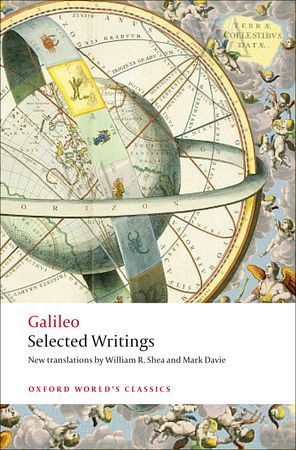
Galileo's astronomical discoveries changed the way we look at the world, and our place in the universe. Threatened by the Inquisition for daring to contradict the literal truth of the Bible, Galileo ignited a scientific revolution when he asserted that the Earth moves. This generous selection from his writings contains all the essential texts for a reader to appreciate his lasting significance. Mark Davie's new translation renders Galileo's vigorous Italian prose into clear modern English, while William R. Shea's version of the Latin Sidereal Message makes accessible the book that created a sensation in 1610 with its account of Galileo's observations using the newly invented telescope. All Galileo's contributions to the debate on science and religion are included, as well as key documents from his trial before the Inquisition in 1633. A lively introduction and clear notes give an overview of Galileo's career and explain the scientific and philosophical background to the texts.
Author

Galileo Galilei was a Tuscan (Italian) physicist, mathematician, astronomer, and philosopher who played a major role in the Scientific Revolution. His achievements include improvements to the telescope and consequent astronomical observations, and support for Copernicanism. Galileo has been called the "father of modern observational astronomy", the "father of modern physics", the "father of science", and "the Father of Modern Science." The motion of uniformly accelerated objects, taught in nearly all high school and introductory college physics courses, was studied by Galileo as the subject of kinematics. His contributions to observational astronomy include the telescopic confirmation of the phases of Venus, the discovery of the four largest satellites of Jupiter, named the Galilean moons in his honour, and the observation and analysis of sunspots. Galileo also worked in applied science and technology, improving compass design. Galileo's championing of Copernicanism was controversial within his lifetime. The geocentric view had been dominant since the time of Aristotle, and the controversy engendered by Galileo's presentation of heliocentrism as proven fact resulted in the Catholic Church's prohibiting its advocacy as empirically proven fact, because it was not empirically proven at the time and was contrary to the literal meaning of Scripture. Galileo was eventually forced to recant his heliocentrism and spent the last years of his life under house arrest on orders of the Roman Inquisition.